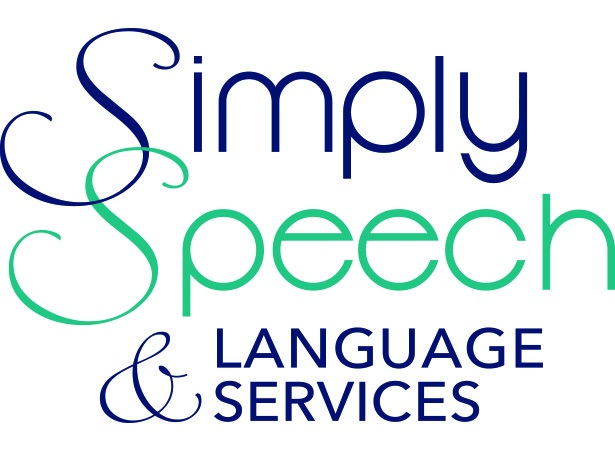Brief descriptions of speech/language/hearing issues and article links are provided below to help guide and inform you. Do not hesitate to contact me if you have any questions or if you would like to schedule an evaluation.
Hearing/Speech Development Milestones
Hearing plays a crucial part in speech and language development and hearing loss may have a lasting and negative impact on a child’s development. Speech sounds occur at different frequencies and a child with a hearing loss may have difficulty hearing well enough to produce sounds correctly and develop language skills.
Fluency/Stuttering
If your child’s speech is broken up by repetitions (My-My-My new car is blue), prolongations (Myyyyyyyyy new car is blue.), or blocks (where no sounds come out), they may have a stuttering problem. However, some children may just be experiencing a period of “normal” dysfluencies that sometimes occurs as they learn to speak.
Language Processing Disorder
Children with language processing disorders demonstrate trouble comprehending what they hear and expressing what they want to say. Often children with a language processing disorder will have difficulty following multi-step directions, getting thoughts on paper, and organizing their thoughts, as well as difficulty with word-finding and mixing up similar sounding words.
Speech sound errors occur naturally as a child develops speech. However, when speech errors continue past a certain age, they may have a speech sound disorder. Every sound has an age range in which a child should develop that sound correctly.
Speech Sound Disorder
Pragmatic language refers to the rules for social language. Disorders in the area of social communication impact a child’s ability to follow the rules of conversation when taking turns, introducing appropriate topics, and understanding facial expressions. A pragmatic language disorder may be a diagnosis on its own or may co-occur with other conditions.
Social Communication Disorder
A receptive language disorder refers to a difficulty understanding the language when attempting to follow directions, learn basic concepts, and learn new vocabulary. Expressive language disorders impact a child’s ability to express their wants/needs/thoughts/ideas and use appropriate grammar skills.

